Cyber Leaders Share Insights at Forum on Training
There are no military operations without cyber, and there is no cyber without trained professionals who can seize the high ground in that virtual domain. And with the cyber threat changing on a regular basis, those professionals must continually work to stay a step ahead of adversaries in all aspects of the discipline.
Education and training were the focal points of the first-of-its-kind Cyber Education, Research and Training Symposium, hosted in January by AFCEA in Augusta, Georgia. The sold-out two-day event, also known as CERTS, connected military and government stakeholders with solution providers from academia, business and research centers.
“We all have the same challenge: How can we build cyber professionals to defend our nation?” asked Maj. Gen. John B. Morrison Jr., USA, commanding general of Fort Gordon, Georgia, and the U.S. Army Cyber Center of Excellence, during opening remarks.
“It doesn’t matter whether you’re in academia, in industry or in the government. We all have the same challenge. And it’s key for forums like this where we come together and we share lessons learned,” the general added.
Col. Andrew O. Hall, USA, director of the Army Cyber Institute, began with a cyber threat update during his morning keynote.
“How can we make security effective and intuitive yet usable?” Col. Hall asked attendees. “Efficiency is an area of weakness and easy to hack. But it’s necessary to perform missions.”
The emerging threats to cybersecurity are growing. Col. Hall focused on dangers posed by the global supply chain, critical infrastructure and information warfare, among other concerns.
“The entire supply chain is something you need to look at. We are seeing companies and subcontractors end up with a very vast supply chain, because in order to do things, you need to do a lot of outsourcing,” he said.
Do people know where their router and software come from? Access to the Internet could be compromised with bad routers. “There [have] been concerns with telecom gear and that these companies can’t separate from the Chinese government,” Col. Hall stressed.
Another big issue is Internet surveillance because of the huge amount of information on the web. “Social media is also giving people points of vulnerability and more opportunities for our enemies to find weaknesses,” the colonel noted. “Every person that works for an organization could be a risk.”
Insider threats are not a new problem, but people can hoard data now. It’s not just a problem for industry either. Academia, in particular, needs to find a better way to secure intellectual property. “What people have access to is what they can steal,” Col. Hall said.
During afternoon sessions on the first day of the symposium, leaders from all five branches of the armed forces shared their perspectives on cyber education and training. Although all five laid out slightly different strategies and goals, they all agreed that they should leverage each other’s expertise and work together to figure out a way forward.
Every speaker mentioned joint force training as a key to success. Sharing curriculum and student space, especially with the Cyber Center of Excellence and Fort Gordon, will help all the services move much faster on solving the nation’s cybersecurity problems, the speakers stressed.
“The only way our nation is going to succeed in cyber is through public-private partnerships,” stated Gen. Morrison during an informal question-and-answer session over lunch on the second day of the conference.
Educators and industry leaders echoed the sentiment during afternoon panels.
“Everyone is struggling to keep up,” said Lt. Gen. Rhett Hernandez, USA (Ret.), West Point chair to the Army Cyber Institute and former commander of the Army Cyber Command. He moderated the panel Cyber Educator Perspectives and Priorities.
The problem is not technology—it’s people. “We need people who are not only outthinking and outmaneuvering our adversaries but also out-innovating them,” Gen. Hernandez added.
During the panel Building the Cyber Workforce–Industry Perspectives, Matthew McFadden, cybersecurity service area director, CSRA Inc., reiterated the same concerns for industry that the military and academia have. He listed meeting the never-ending demand for cyber professionals; training and education; getting tools and capabilities to cyber professionals; being agile in a technology landscape that is constantly changing; and having processes in place to develop lessons learned from real-world threats.
Speakers and panelists throughout the symposium agreed: The military is skilled at teamwork, preparation and leadership, and finding the right industry and academic entities to partner with to execute missions is critical. Learning from each other will be key to collective success.
For more coverage of the inaugural Cyber Education, Research and Training Symposium, visit news.afcea.org/CERTS2018Coverage.
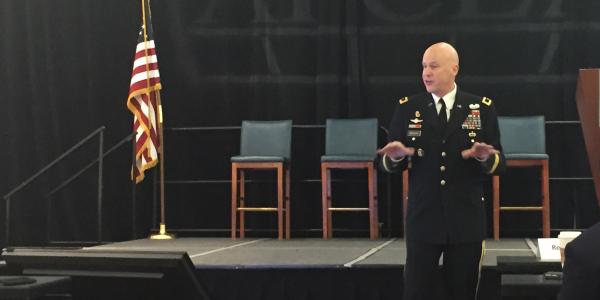
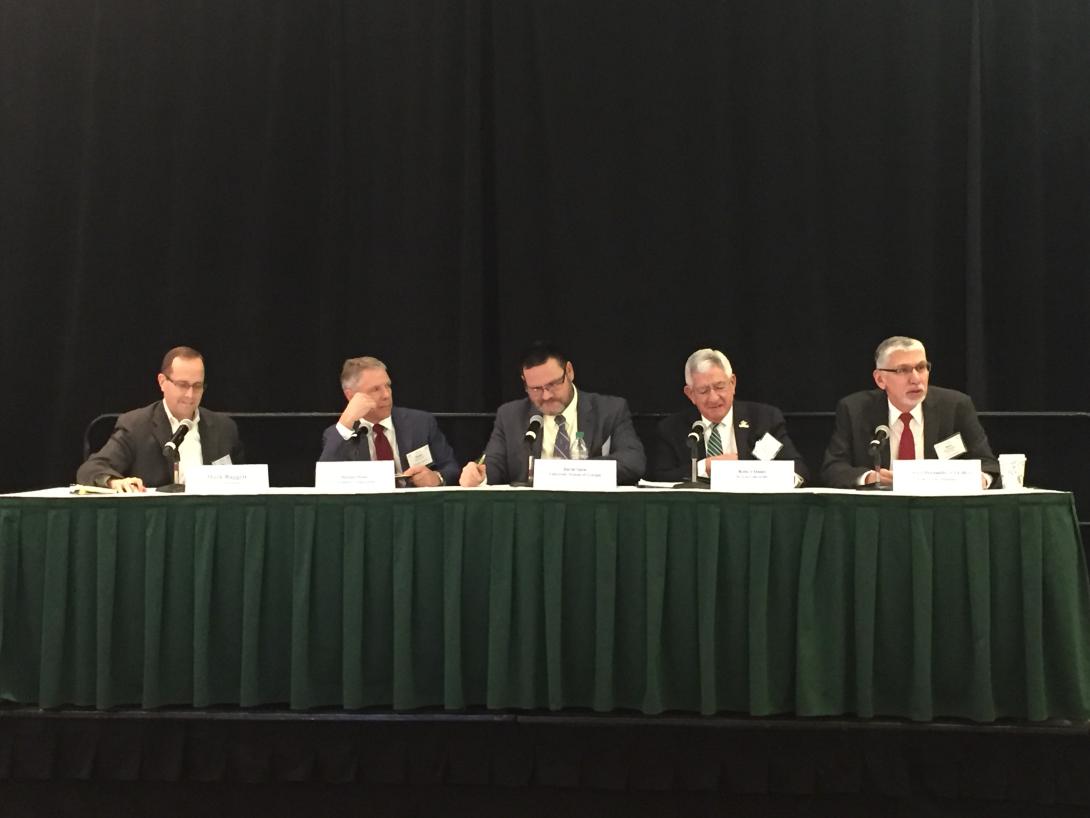
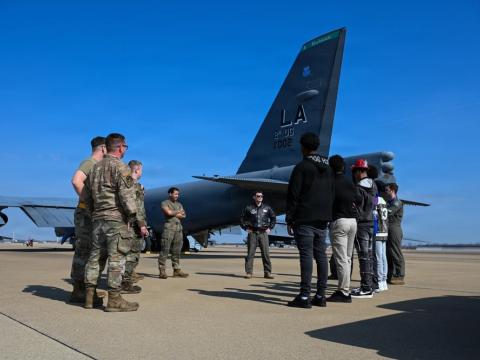
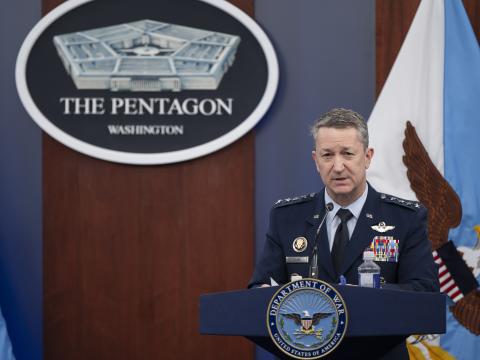
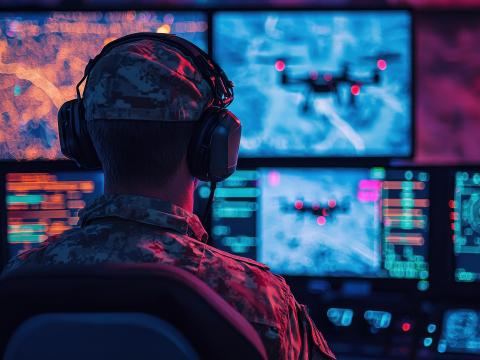

Comments